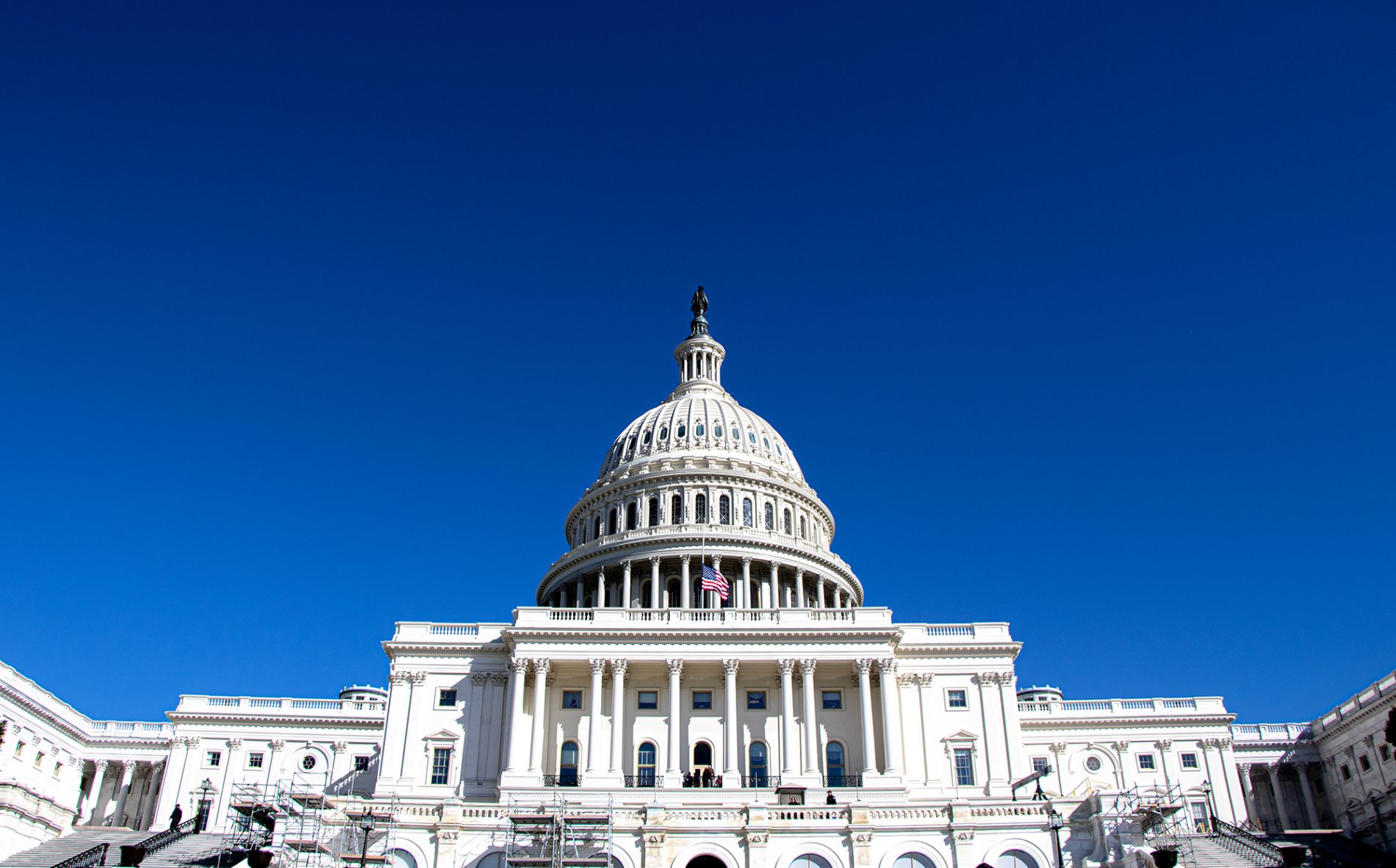Views expressed in opinion columns are the author’s own.
In recent years, U.S. domestic politics have gotten pretty ugly. But much like a household with marital issues, the Democratic and Republican parties have more or less kept it within the family. Sure, everyone else in the world knows the U.S. is going through a bit of a rough patch (yikes, Mom stands by and lets teenagers get shot on a regular basis and Dad just killed seven defenseless children in a foreign country), but the domestic and occasional foreign policy spats have not had significantly detrimental impacts on the country’s international standing — yet.
Congress recently avoided a government shutdown, but there’s a bigger crisis looming. According to Janet Yellen, the treasury secretary, the government has until Oct. 18 to raise or suspend the national debt. This essentially means the country owes other countries money, but we’re running out of ways to pay them back. If nothing changes by that date, we’ll run out of resources and default, leading to catastrophic consequences that would probably result in a recession.
Sixty votes in the U.S. Senate are needed to raise or suspend the debt limit, which doesn’t sound like a lot — except, of course, this existential crisis has somehow become a partisan issue.
So far, Republicans have blocked several attempts from Democrats to suspend or raise the debt ceiling. But Senate Minority Leader Mitch McConnell, king of bald-faced insincerity, offered a short term proposal to temporarily raise the debt ceiling until December. He also suggested Democrats could raise the debt ceiling without Republican support through reconciliation.
Alright, but what’s the big deal? Doesn’t this happen all the time? One party says they want something, and the other vows to block it. If they don’t outright deny a vote, they throw out a politically correct proposal that avoids a long-term solution just because it would further a goal of the opposing party. Or they just suggest something that sounds good but isn’t realistically possible.
The difference is the debt limit isn’t the same as any other policy proposal — it has extremely complicated and far-reaching effects not only on the domestic U.S. economy and financial system, but on our credibility and global standing.
U.S. sovereign debt is generally considered one of the safest and most transferable of its kind, which is why international financial markets essentially rely on the reputation of the Treasury to be able to pay back debt. If we default on the debt, foreign countries could completely lose faith in our credit. Part of the U.S.’ international weight is due to this credibility, and losing some of it due to a petty political fight is just stupid.
Domestically, the looming possibility of a debt collapse could trigger the economy to react in undesirable ways. The investment and hiring decisions of businesses arepredicted to change as we get closer to the 18th without resolving this crisis.
This is all very complicated, and I genuinely don’t understand all the implications of this issue, but neither do most members of Congress.
Debt ceiling decision-making must be left in the hands of experts such as economists and Treasury officials — not politicians who just care about scoring cheap political points for some party’s bottom-line. The average member of Congress is in no position to shape complex fiscal policy.
And this applies to other complex policies, too. Elected officials aren’t polymaths, and even though they surely depend on experts to advise them on various subjects, they’re too beholden to arbitrary political goals. One party doesn’t like government spending? Okay, let’s put a cap on debt so the government will stop borrowing more money to use. That’s a juvenile way to think, but it’s exactly what’s happening. This line of thinking needs to stop. Elected officials should be creative and intelligent enough — or at least their staffers should be — to understand these types of “solutions” create more problems down the line.
There are always times when the proper actions aren’t the easy ones. Politicians need to think about the country’s long-term needs and work on hashing out solutions to existential crises instead of getting into political catfights. If they care about making the best decisions, they’ll defer to experts on issues with effects they can’t predict.
Jessica Ye is a sophomore government and politics and economics major. She can be reached at jye1@terpmail.umd.edu.



